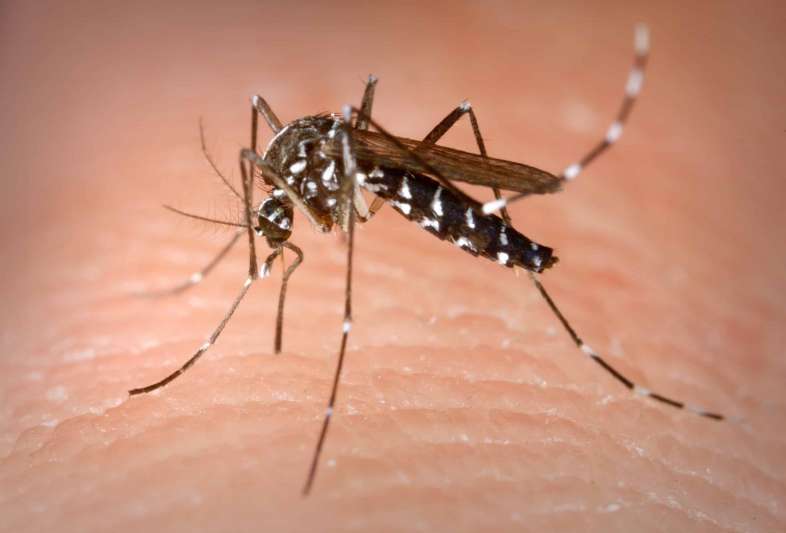With the onset of summers in the city, there is a lot of probability for the onset of various diseases, especially the vector-borne diseases. Malaria, dengue and other mosquito-borne diseases spread rapidly especially in the vulnerable pockets of the state. Four north coastal districts in Andhra Pradesh and few of the agency areas are considered to be the most vulnerable areas of the state. Though the proximity of the diseases has considerably decreased in Vizag in the recent years, it is still rising on a high toll in the districts like Vizianagaram and Srikakulam.
Dr G Savitri, joint director, communicable diseases, Directorate of Health, told TOI, “The district medical and health officials (DMHOs) of each district have been asked to strengthen surveillance activities with special focus on high risk areas, both in the hills and foothills. Medical officers and paramedics have been trained regarding prevention and control and checking transmission of the causative agent. Drugs, insecticides, larvicides and other logistics are being kept in place. Around 3.5 lakh of long lasting insecticidal nets were distributed in high risk areas last year. Awareness activities are also going on regarding personal protection against vector-borne diseases.”
As being said by the Vizag district malaria officer KVS Prasad Rao to TOI, “Under the directions of DMHO Dr J Sarojini , we have planned indoor residual spraying from April 15, anti-larval operations, which is to be undertaken by grama panchayats, and larvicides. Around 1.28 lakh mosquito nets have been distributed in 1450 villages in Vizag district, especially in the Agency areas. We are now in the process of identifying high risk villages and awareness is being generated through IEC (Information, Education, Communication) activities. On the third Saturday of every month, ‘domalapai dandayatra’ (counter-attack mosquitoes) in the form of awareness rallies will be held by health staff and school children in every village.”
The spraying activities are scheduled to commence from mid-April and besides that, medical camps will be held in high risk villages and lab technicians, ambulances and other logistics are yet to be positioned in primary health centres and community health centres.










Discussion about this post